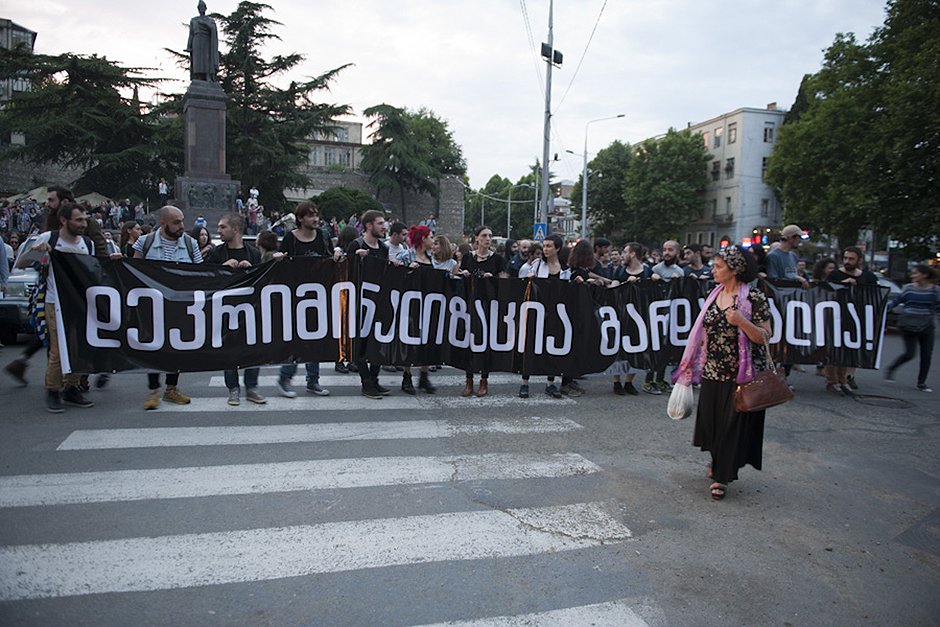The Brazilian Federal Council of Medicine (CFM in the Portuguese acronym) is once again stepping over the profession’s ethics code and ignoring the latest advancements in medical science to impose an ideological ban to restrict the prescription of CBD for adult patients. The recent decision, unfortunately, comes as no surprise as the CFM had already stained its reputation during the coronavirus crisis by being sued for collective damages by the Brazilian Public Defender’s Office for allowing physicians to prescribe hydroxychloroquine for “early treatment” of COVID-19, an unfounded treatment that was publicly supported by Bolsonaro and his then-presidential friend Donald Trump.
The cannabis decision was published in the Brazilian Federal Register on October 11, to be implemented immediately and only to be revised within three years. It rules that the “prescription of cannabidiol (CBD) is authorised as medical therapy” only “for the treatment of epilepsy in childhood and adolescence refractory to conventional therapies in Dravet and Lennox-Gastaut Syndrome and Tuberous Sclerosis Complex”. Its prescription for any other conditions has therefore been banned. Doctors are further prohibited from delivering lectures and courses on the use of cannabidiol and/or products derived from Cannabis outside of a scientific environment.
CFM’s decision comes in the context of simultaneously growing demand for CBD products, and right-wing propaganda against the legitimate medical benefits of cannabis. Between 2017 and 2021, the number of individual requests to import medical cannabis jumped from 2,101 to 32,416, a 1,442% increase. The growth in the demand for medical cannabis has even caused some of Bolsonaro’s cabinet ministers to issue publications denying that cannabis is type of medicine.
CBD oil is not affordable to the majority of Brazilian patients. The price of a 20mg/ml bottle in a popular chemist costs one-fourth of the minimum wage. A 200/mg bottle costs more than two minimum wages. Many patients and their families rely on medical cannabis associations to get their medicine for a more affordable price. Source: Drogaria Sao Paulo
While the medical cannabis bill is stalled in the Brazilian Congress without being forwarded to the Senate for final approval, and with Brazilian big Pharma controlling what few products are allowed on the restricted Brazilian medical cannabis market, the CFM is delivering a message to society: opinions and ideology are what guide health policy, and science can be discredited with the stroke of a pen.
If the intention of the highest authority responsible for supervising and regulating medical practice in Brazil is to divert patients to the illegal market, then their mission will surely be successful. We know what happens when substances become prohibited and inaccessible through legal ways: people resort to the illegal market. There are some people who are dedicated to supplying patients with cannabis oil in Brazil, regardless of its legal status, engaging in civil disobedience to ensure that people can stil access their medicine. The problem, though, is that these well-intentioned citizens expose themselves to criminal punishment, and are also only able to supply full-spectrum oil, which may not meet the needs of many patients. What we are witnessing here is, again, the criminalisation of life-restoring and life-saving medicine, a medicine that has the power to restore the lives not only of patients who use it but also of family members who care for them.
The CBD ban is further worrying news for the future of Brazilian drug policy, especially given the recent trend of traditional cannabis campaigners choosing to abandon their political stances on drug laws to cater to conservative constituents. With the election of the most far-right Congress since the re-democratisation of Brazil at the end of its military dictatorship in 1985, efforts for designing and implementing a more humane drug policy will be an uphill battle, even if Lula wins against Bolsonaro in the second round which will take place on the 30th of October. Meanwhile, civil society is organising itself, demanding long overdue changes, with constituents successfully voting in at least a few pro-cannabis lawmakers into office at the state and federal level.
On Monday the 17th of October, recently re-elected congressman Paulo Teixeira (of Lula’s Workers Party), who chaired the special commission that voted on the medical cannabis bill, filed a legislative decree to revoke CFM’s recent decision. It is now imperative that the still-small cannabis caucus pressure Bolsonaro’s ally and President of the Chamber of Deputies, Arthur Lira, to unblock the medical cannabis bill frozen in Congress. It is time for Brazilian institutions to work for the people again, instead of serving the ideological agenda of the current president and his goons.


